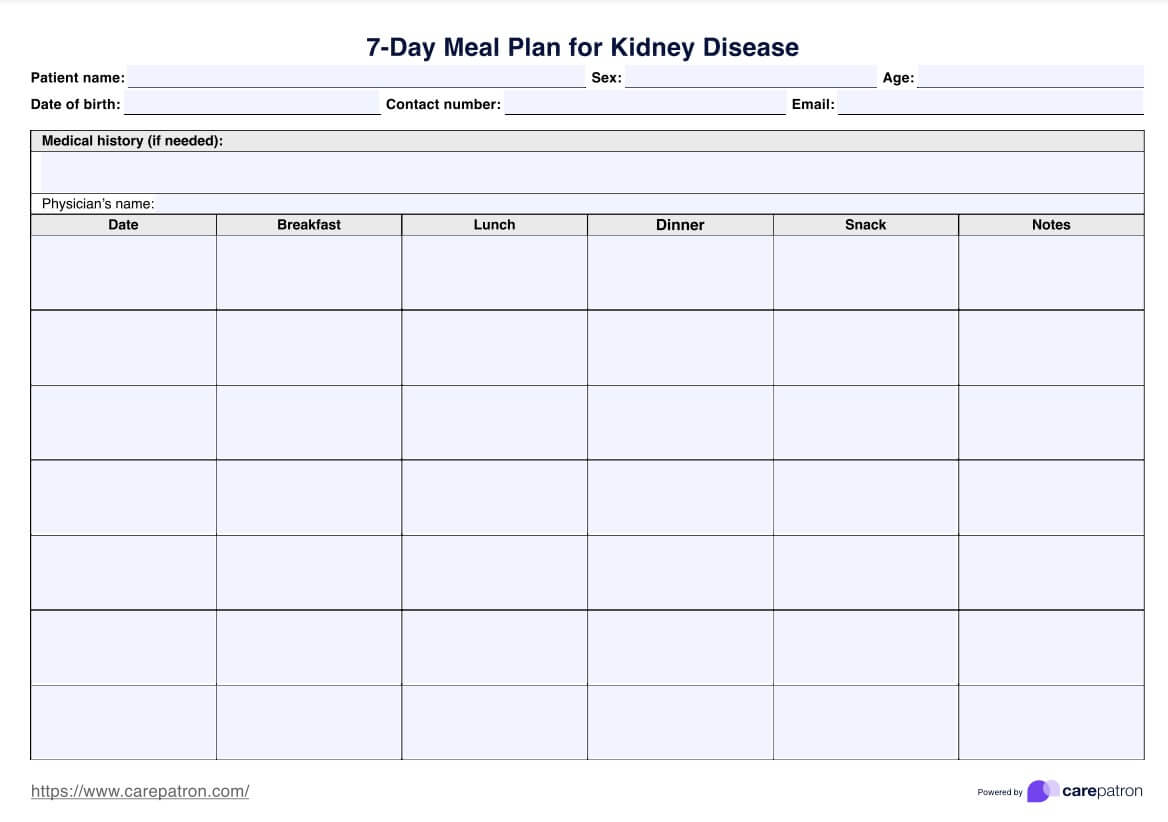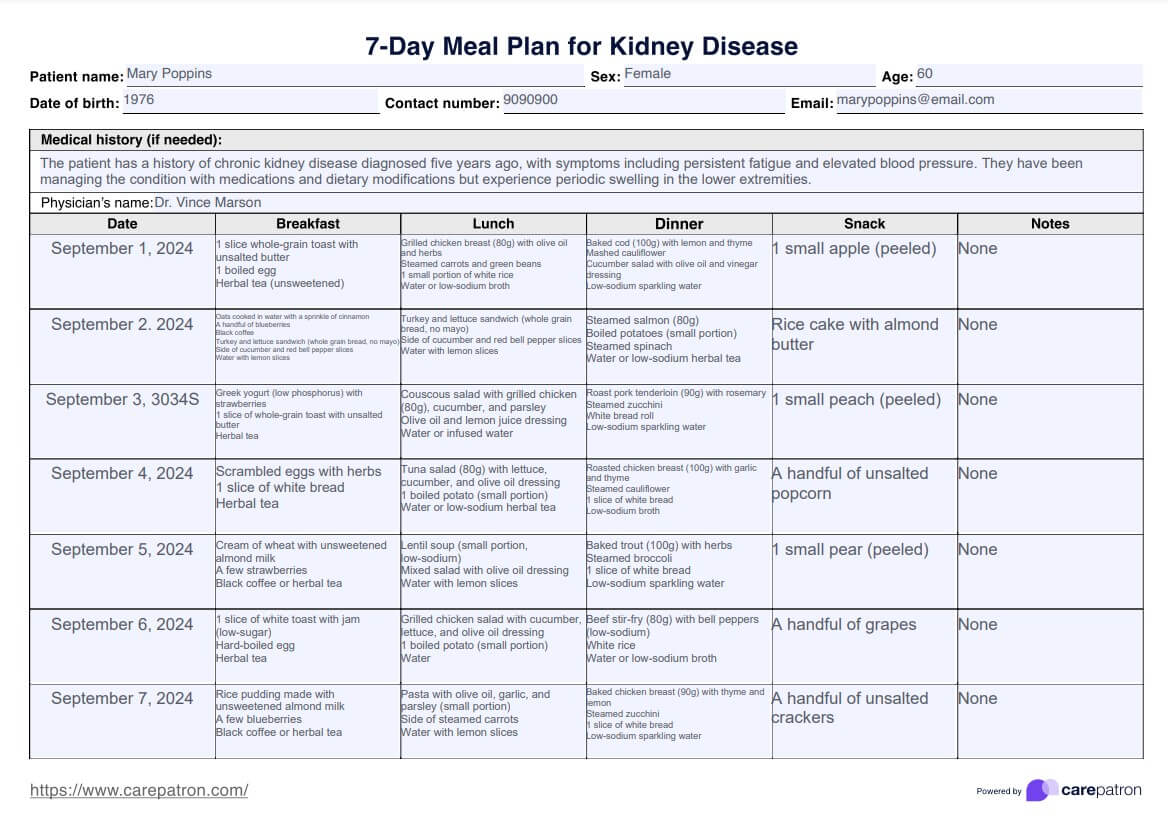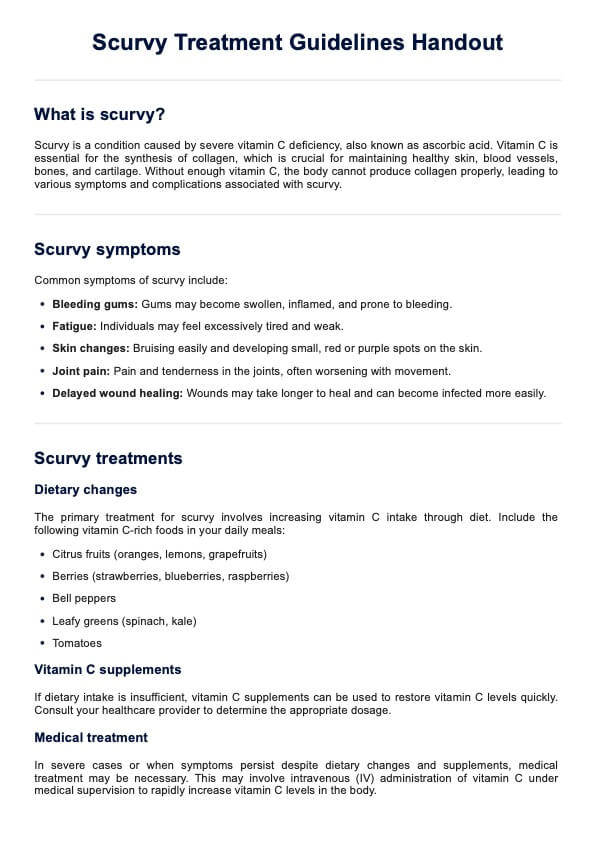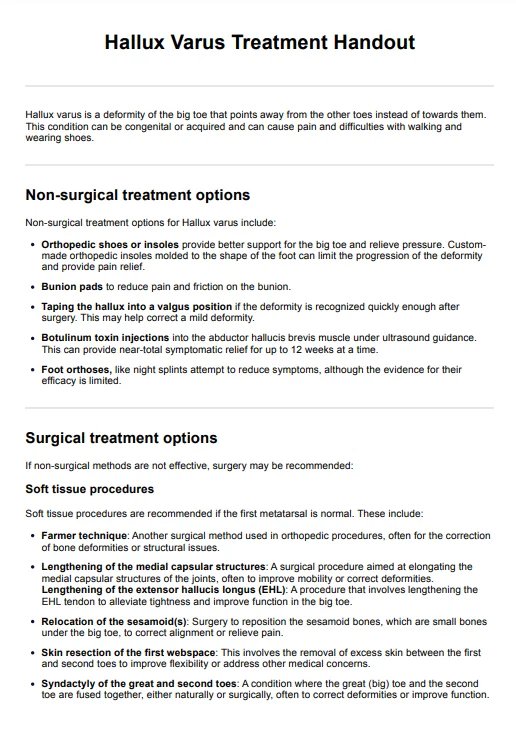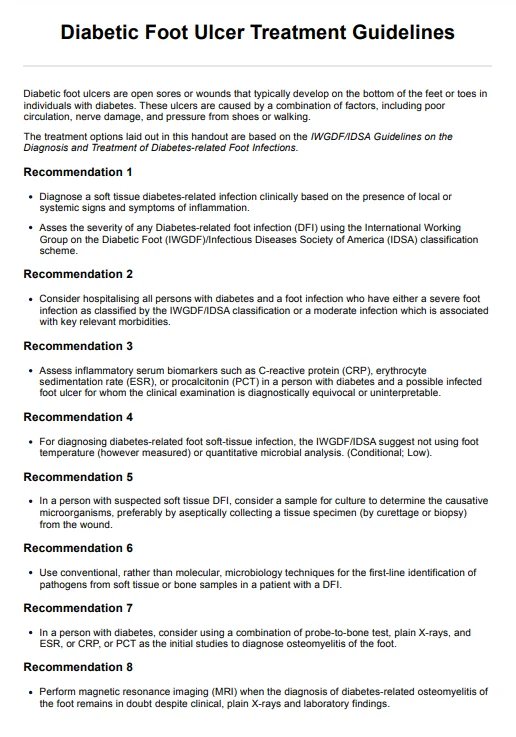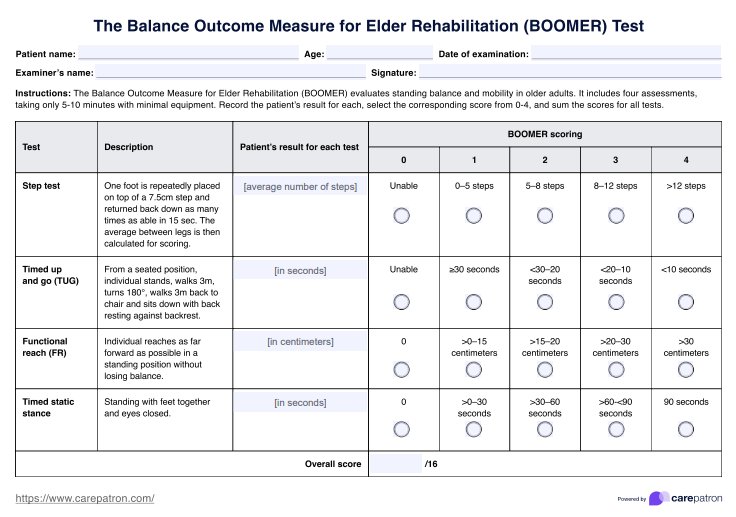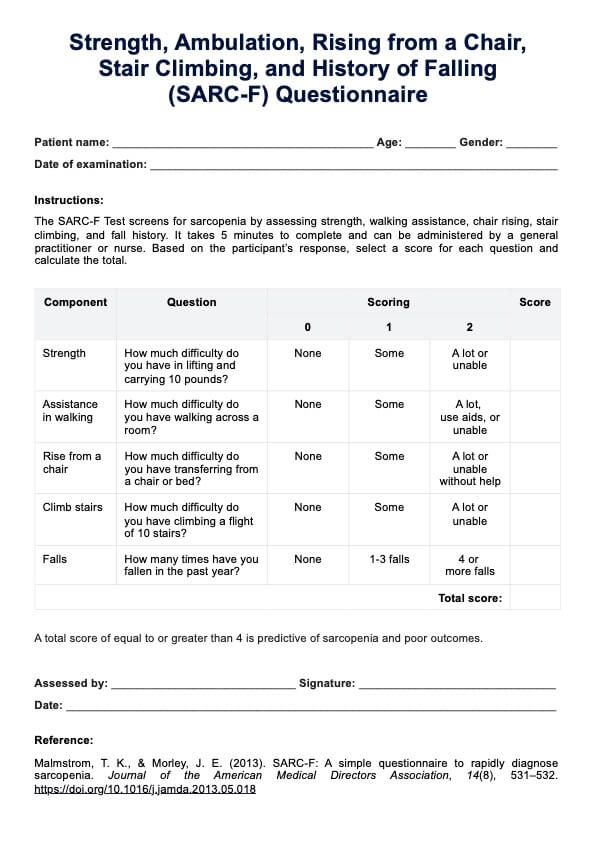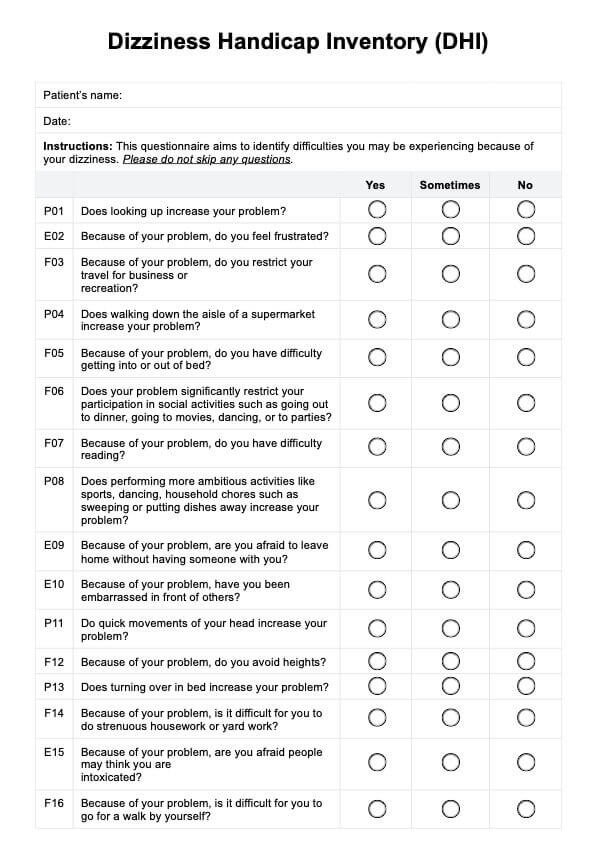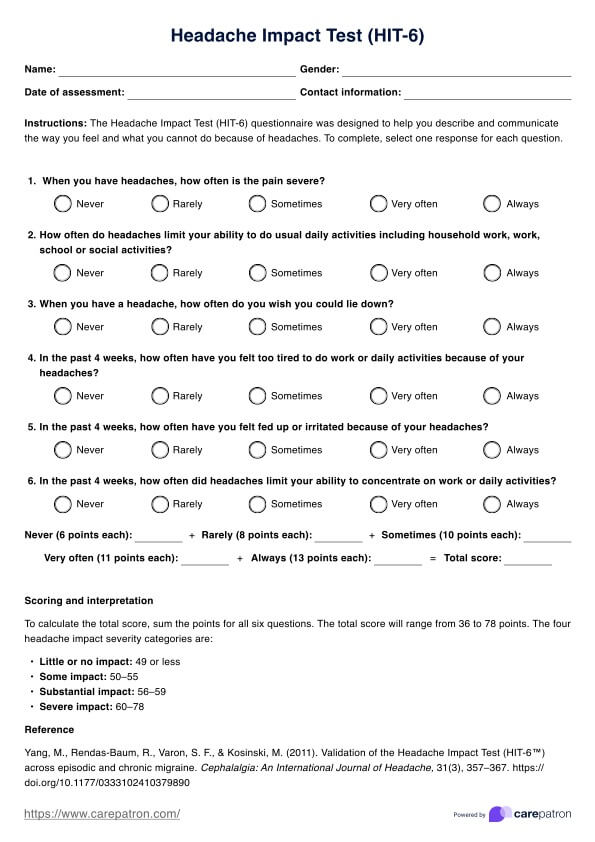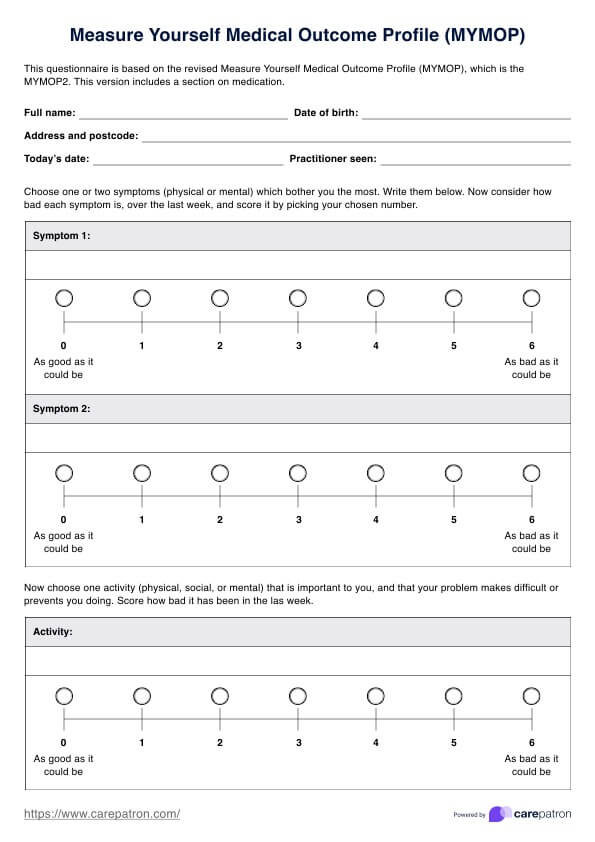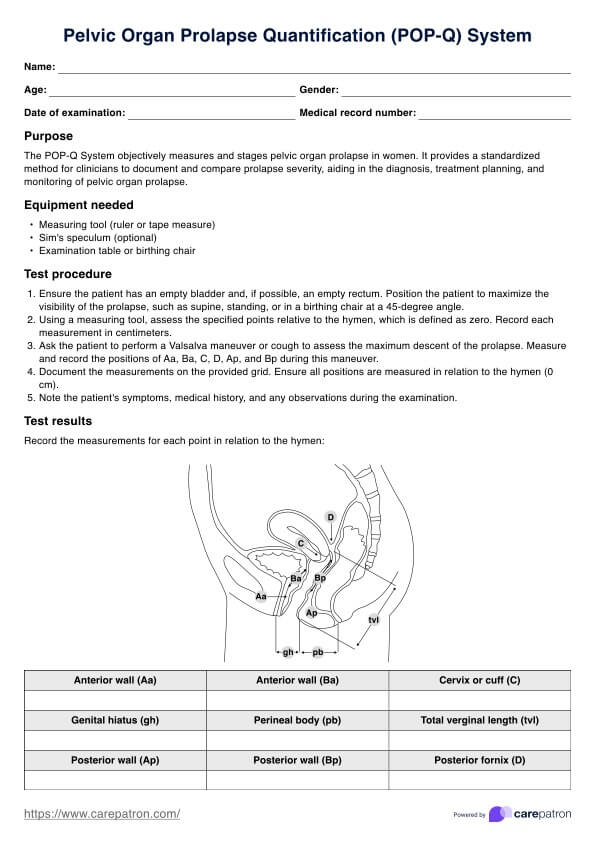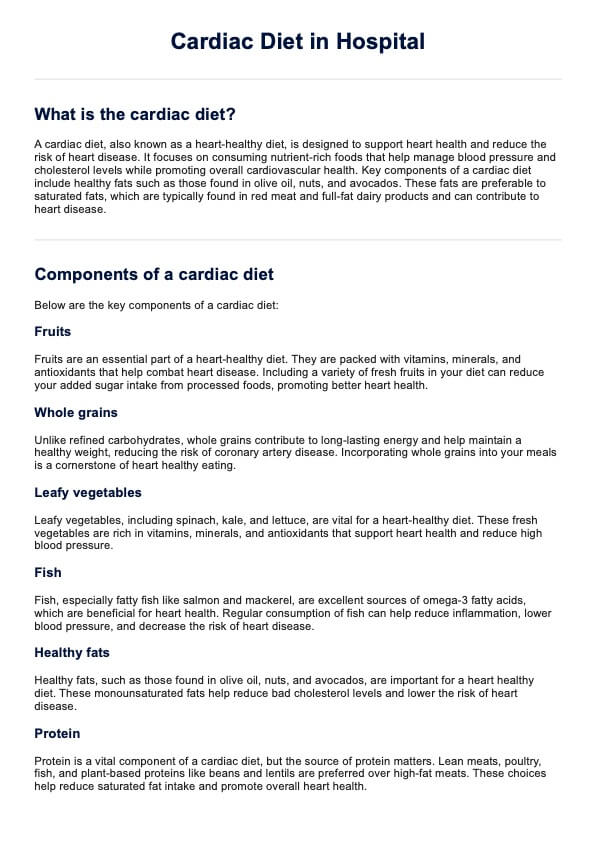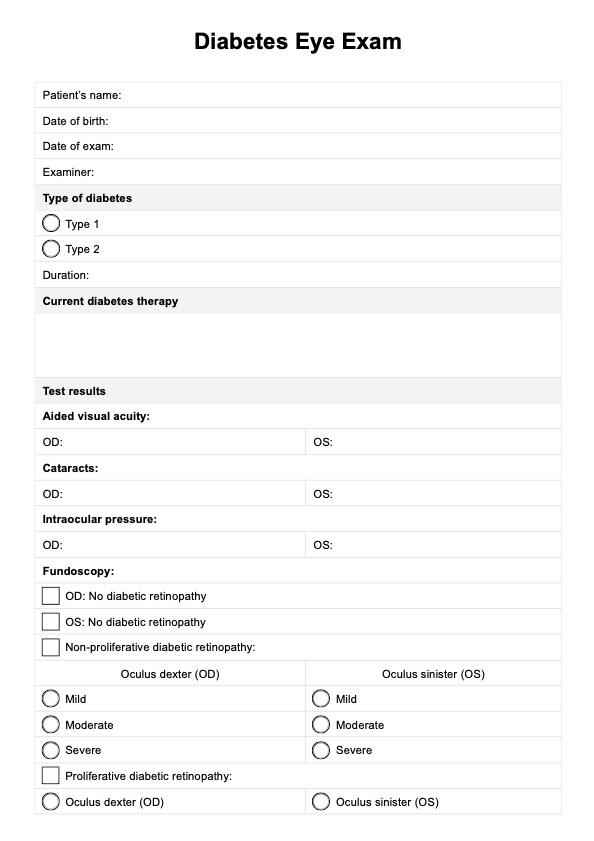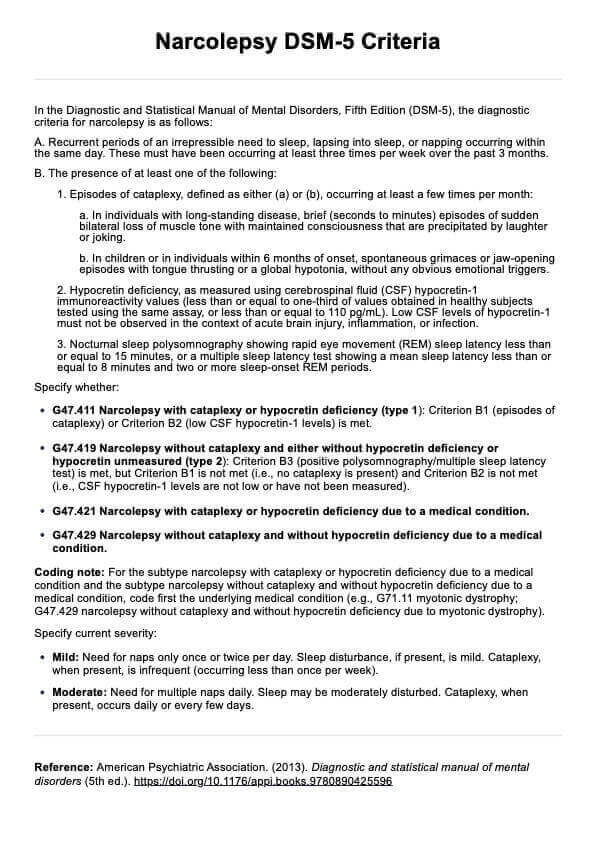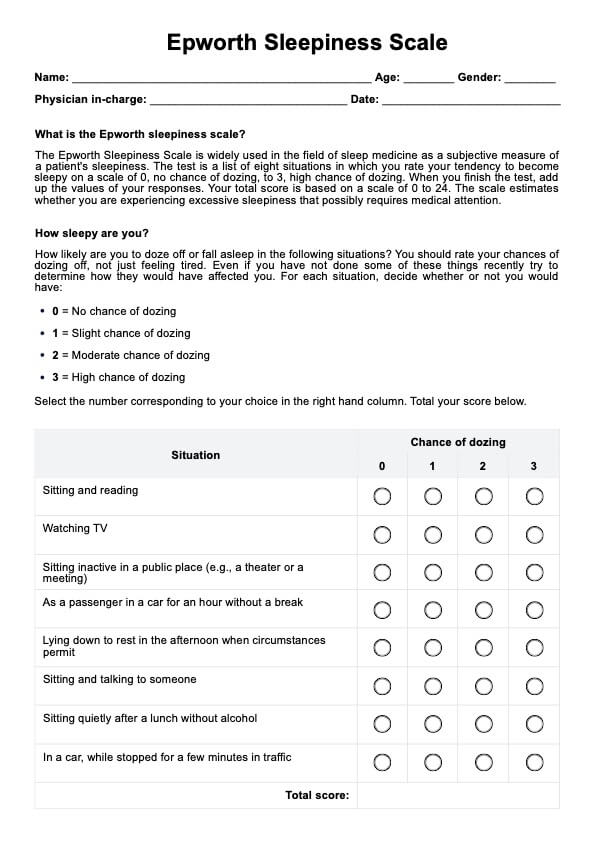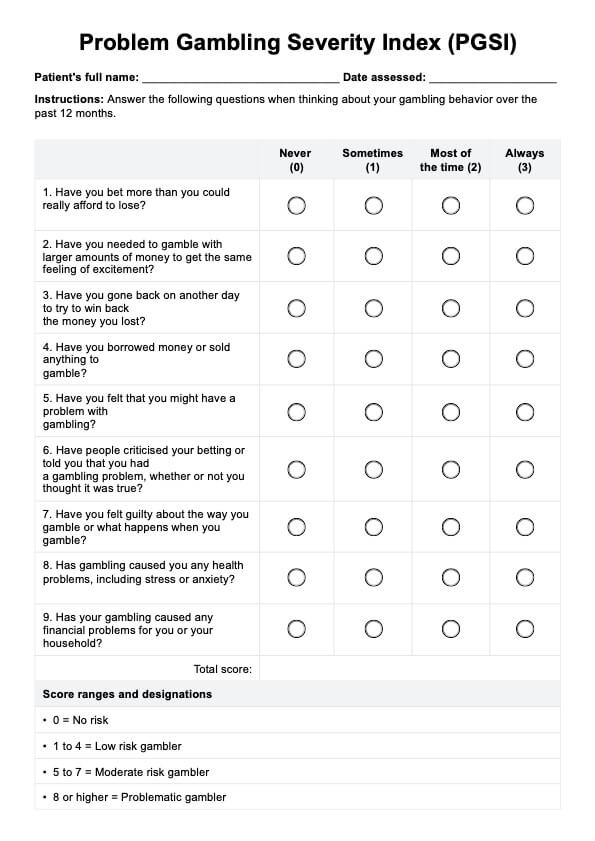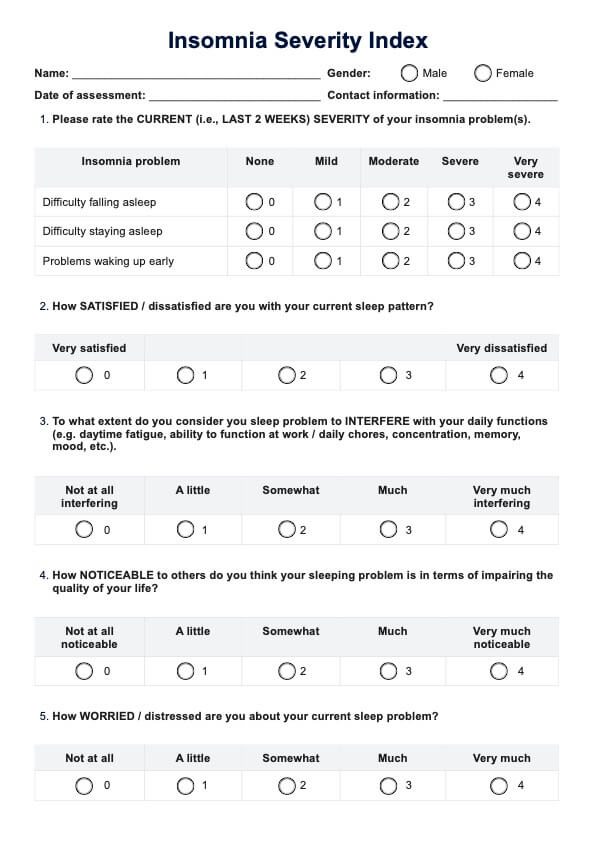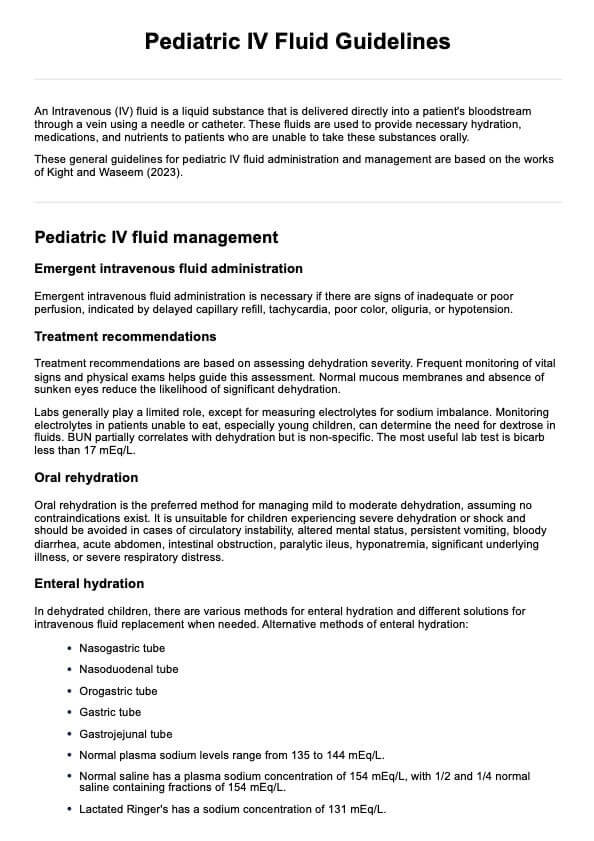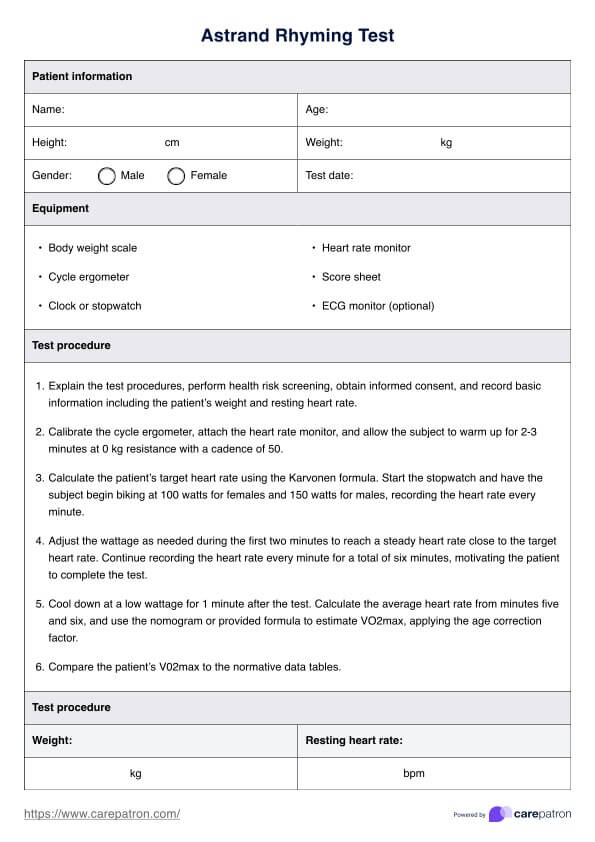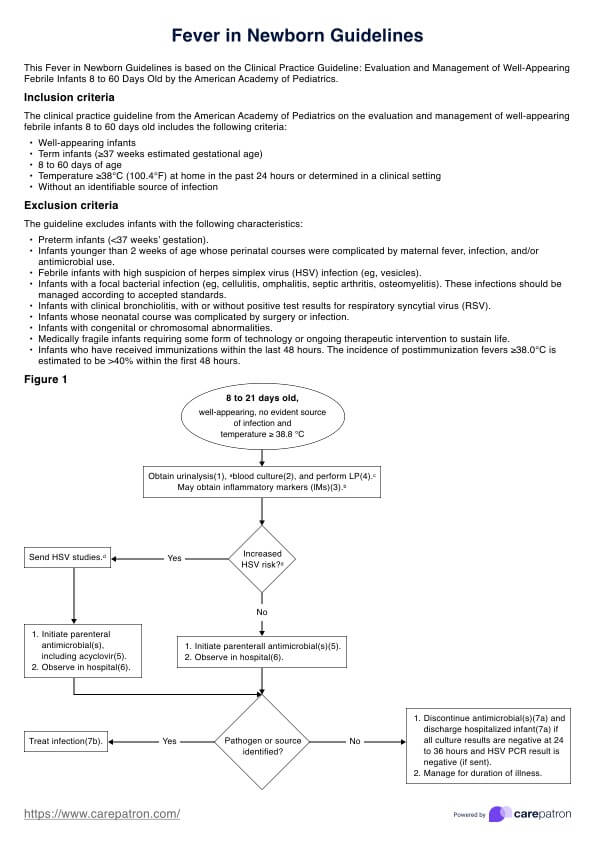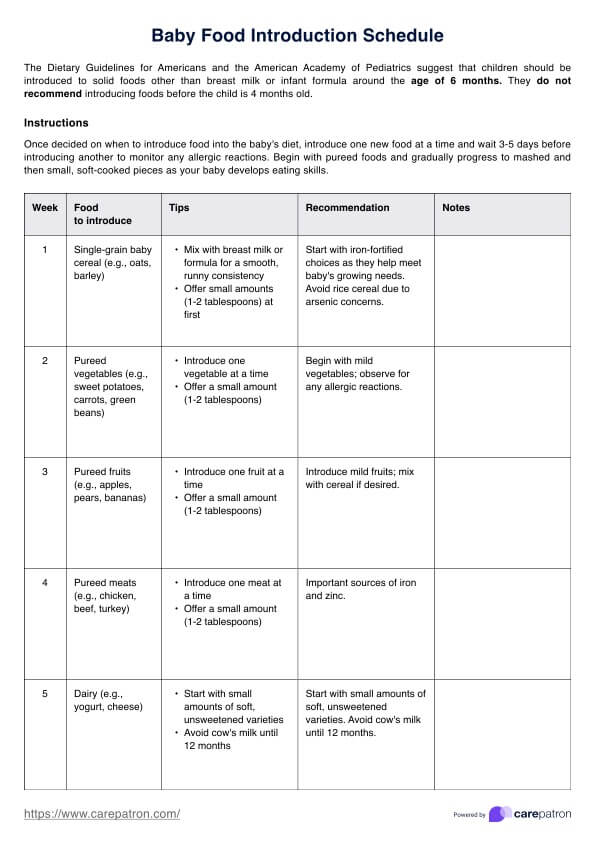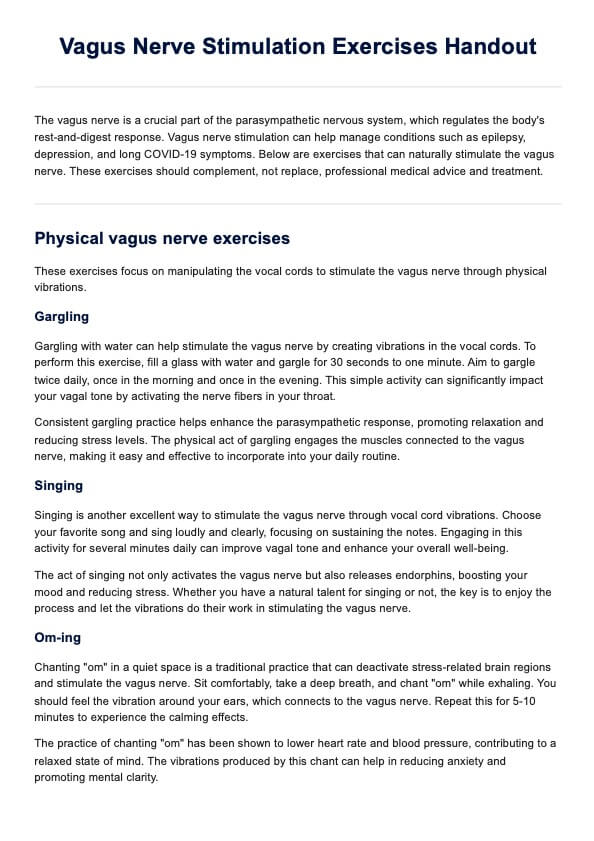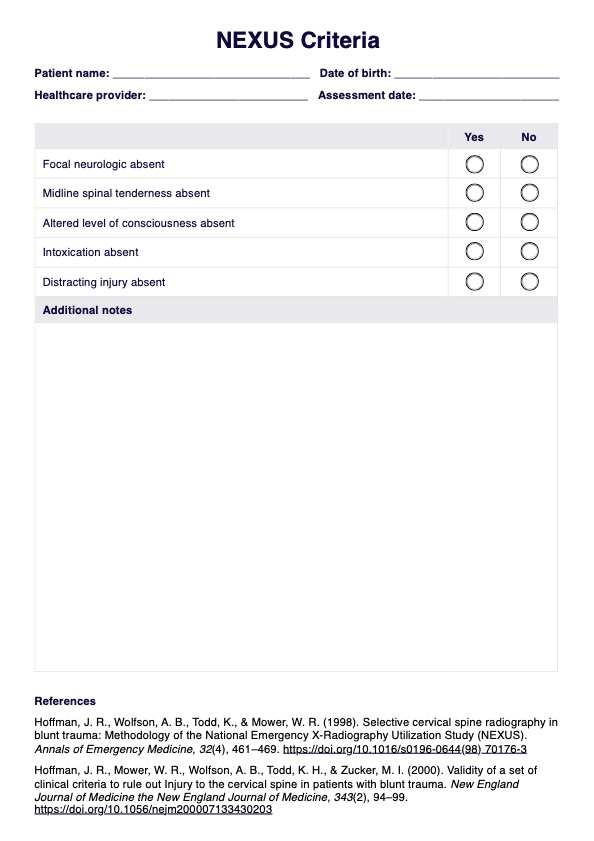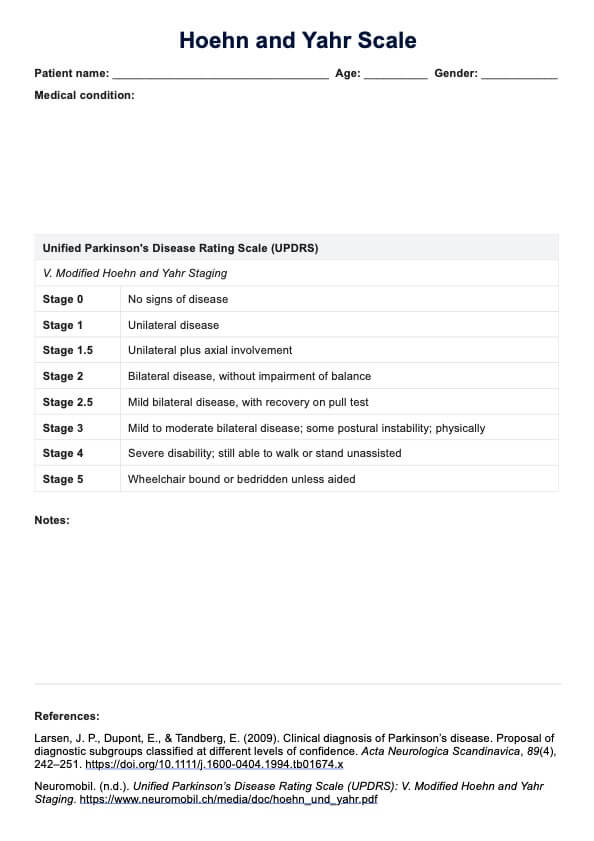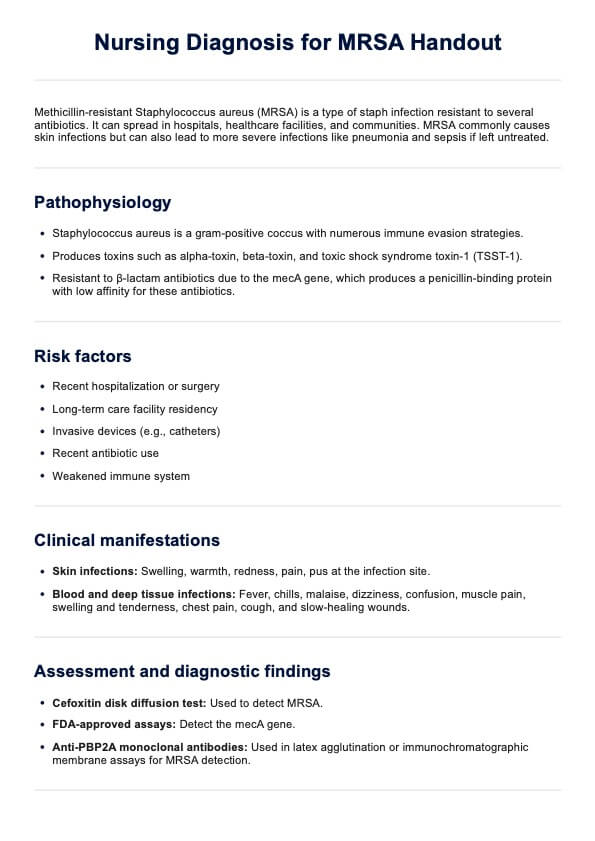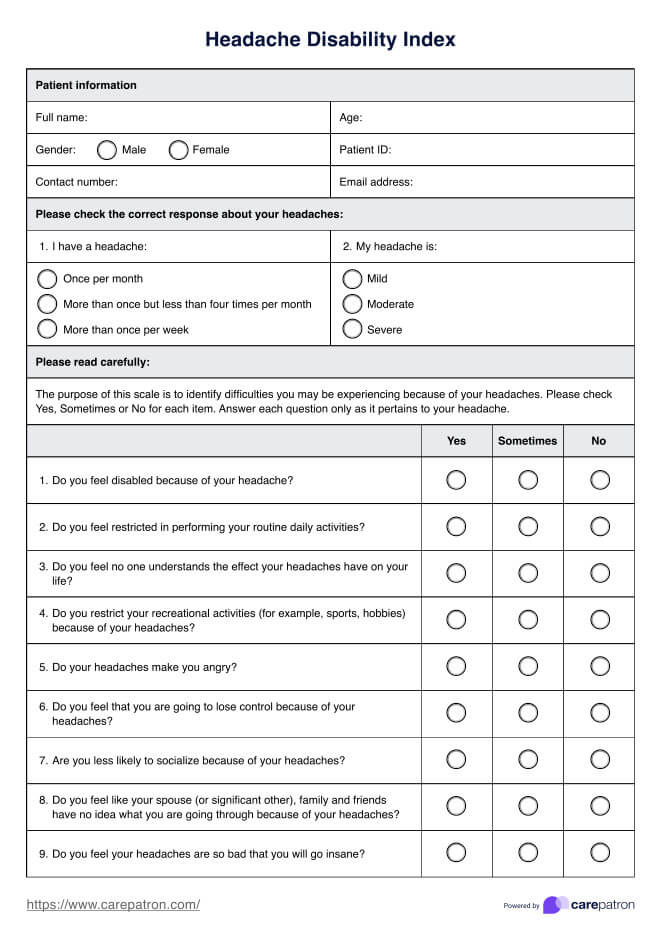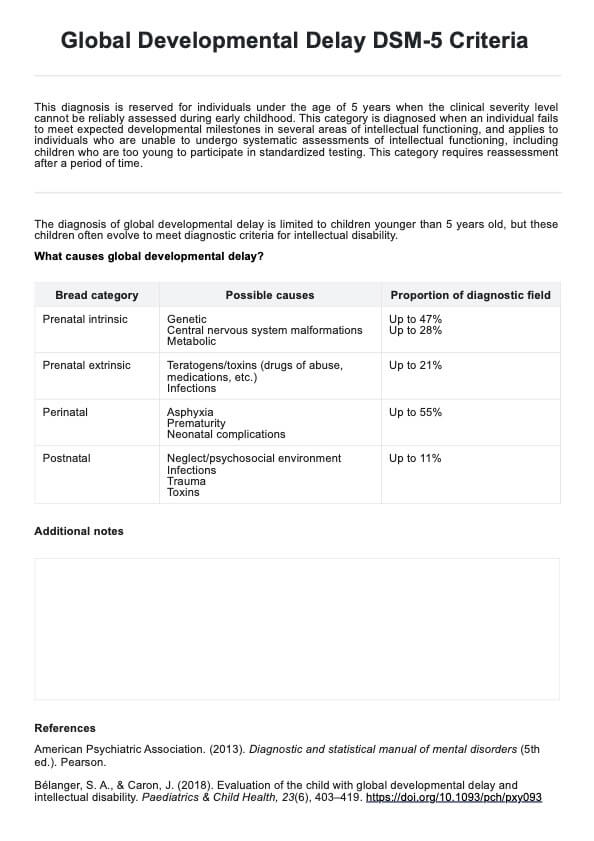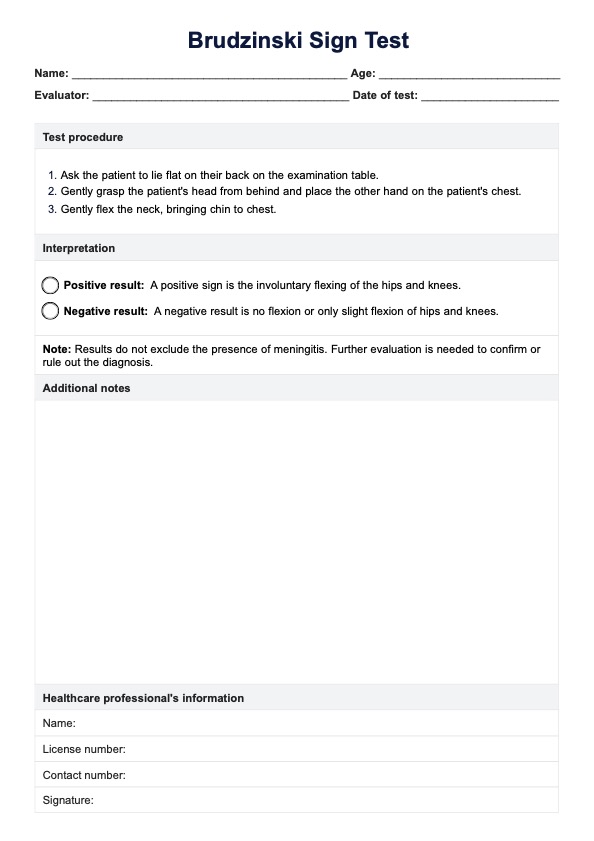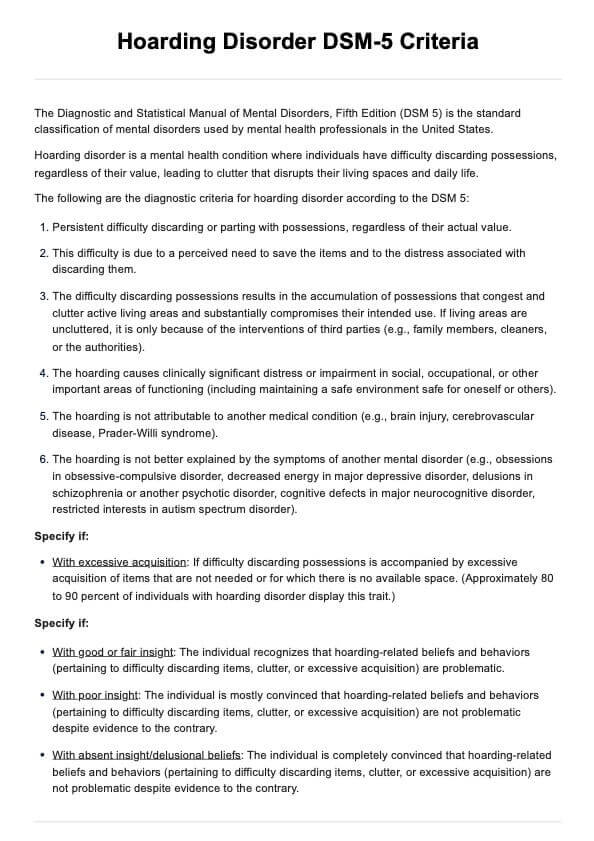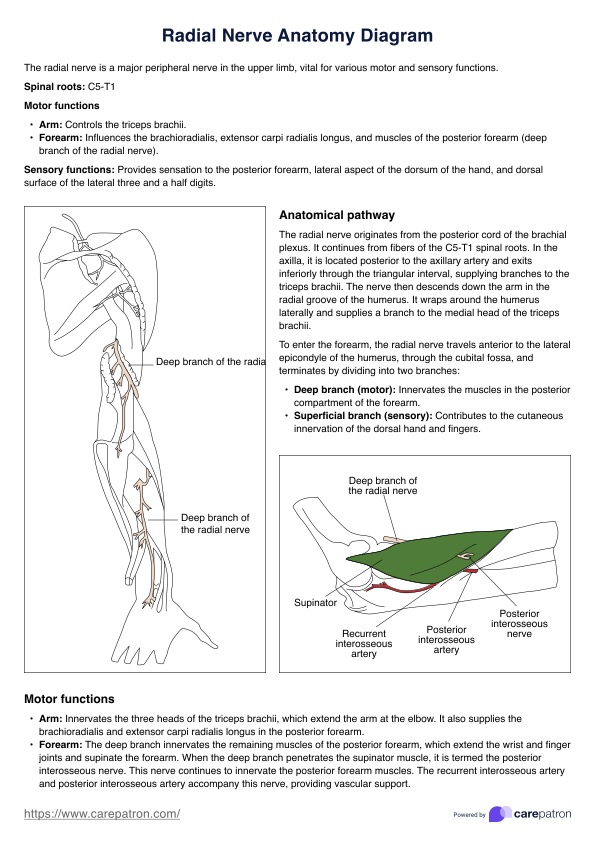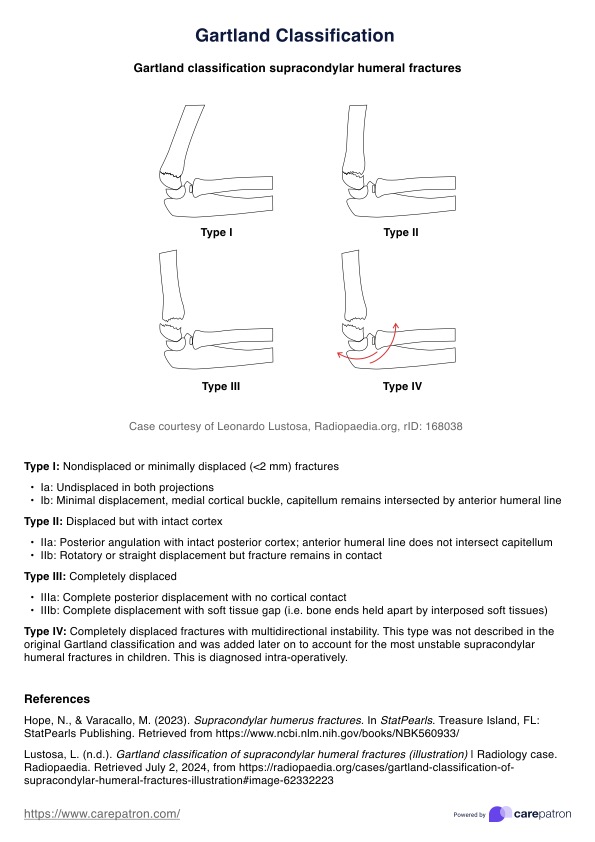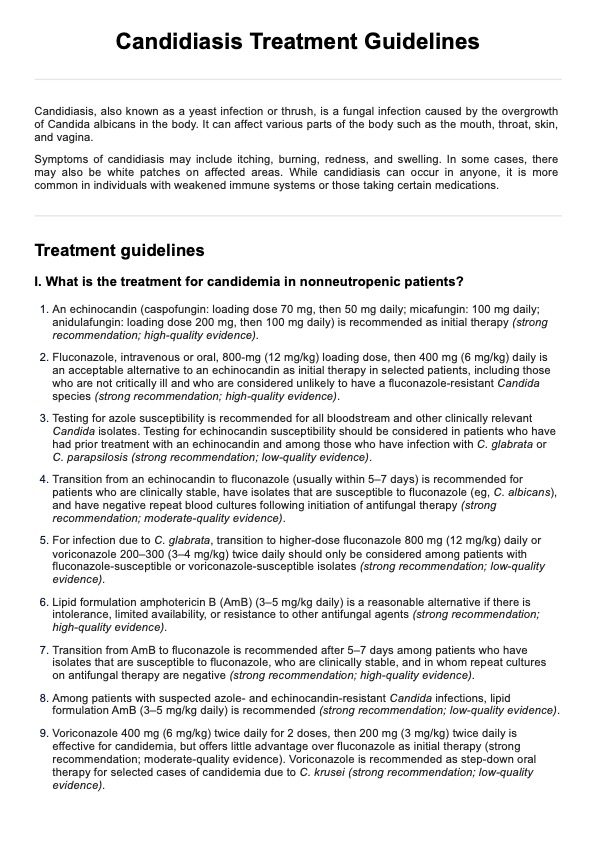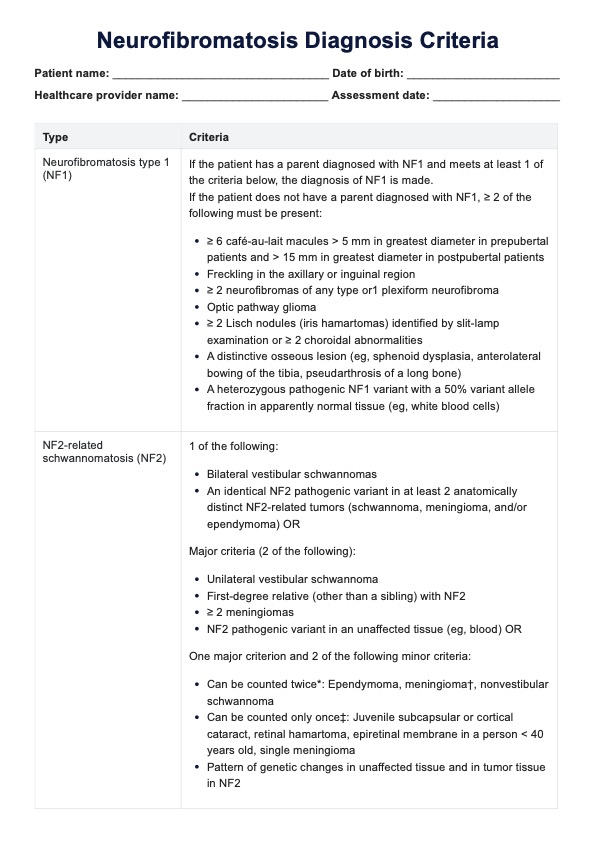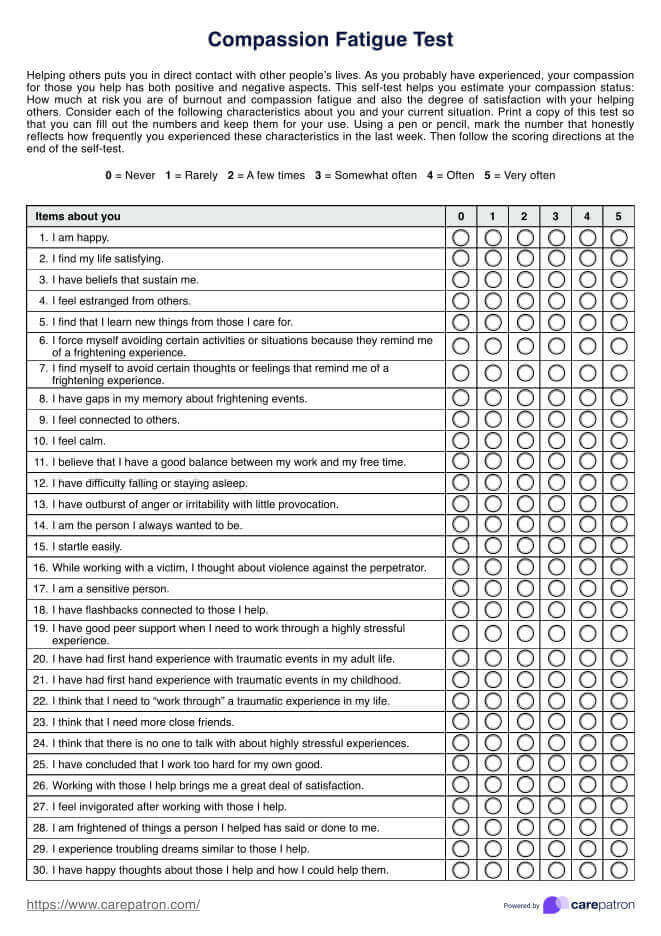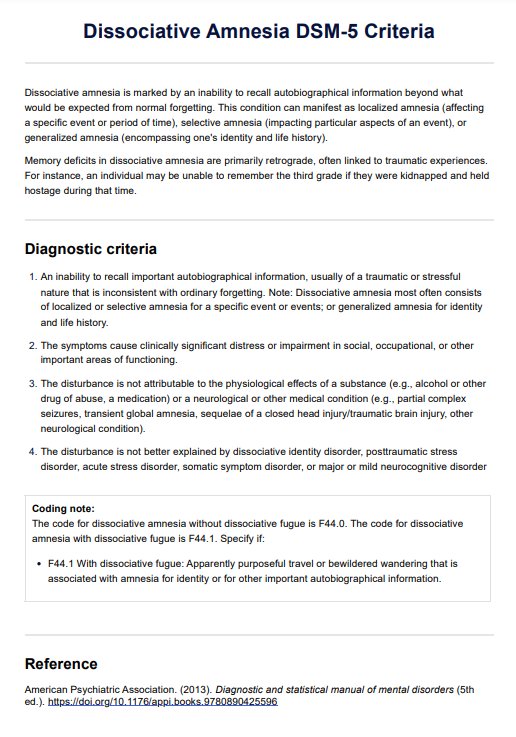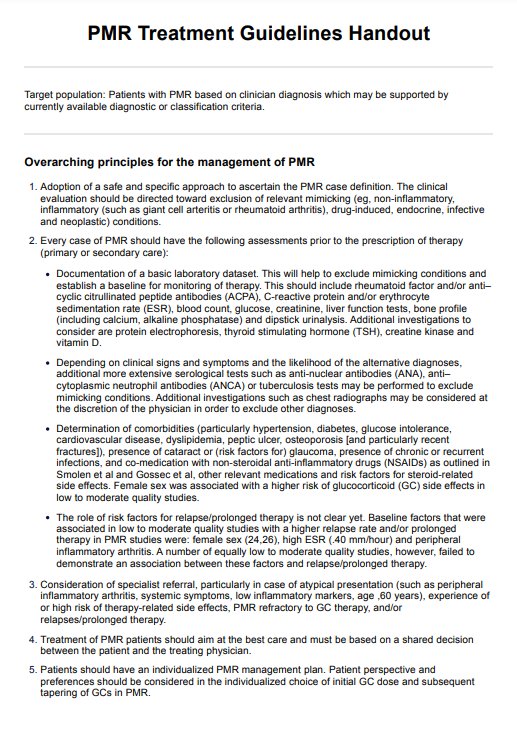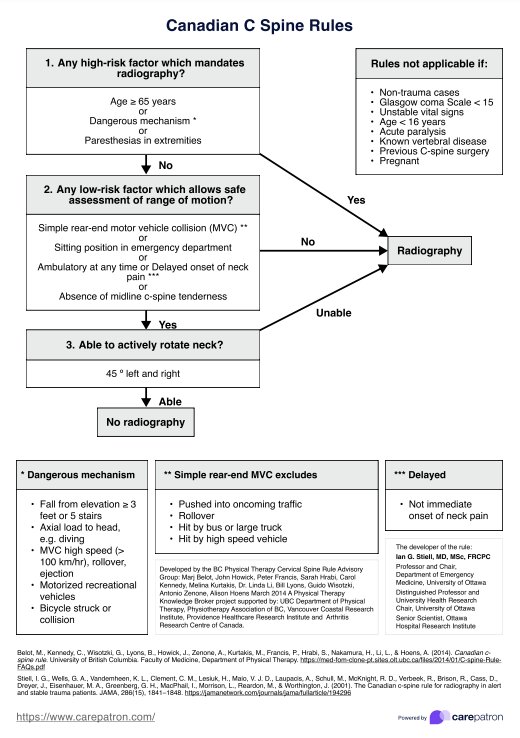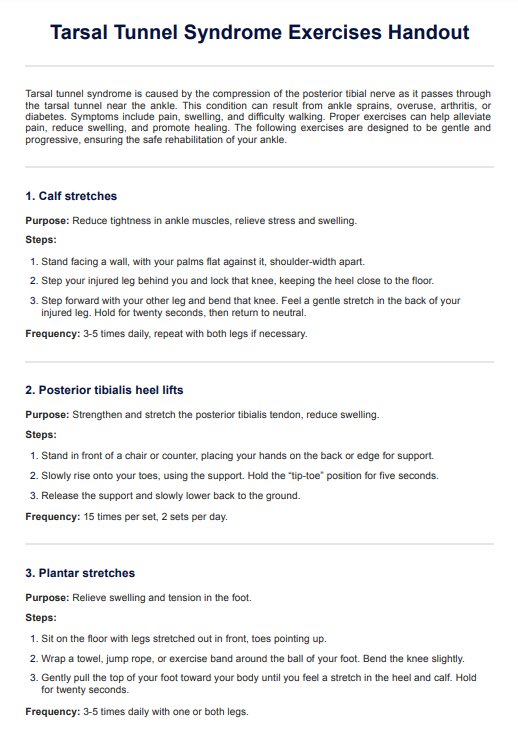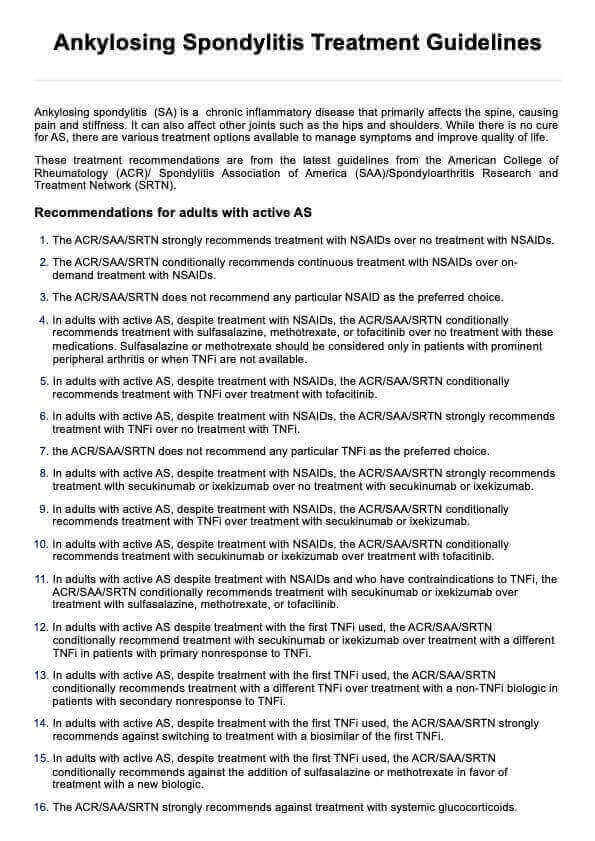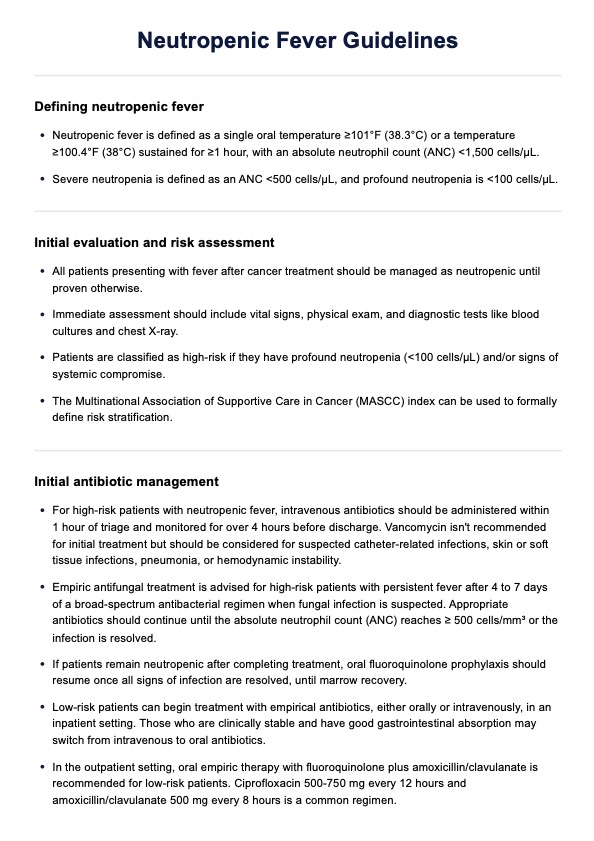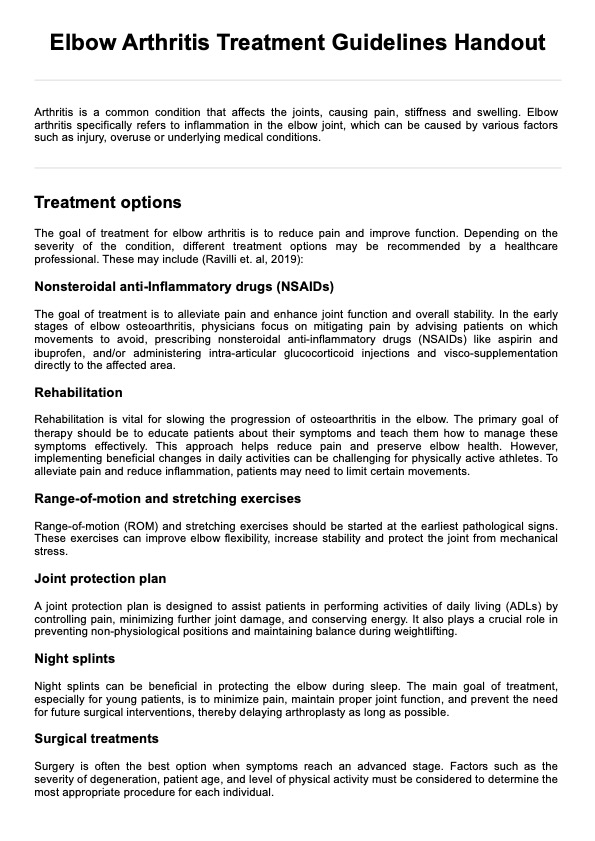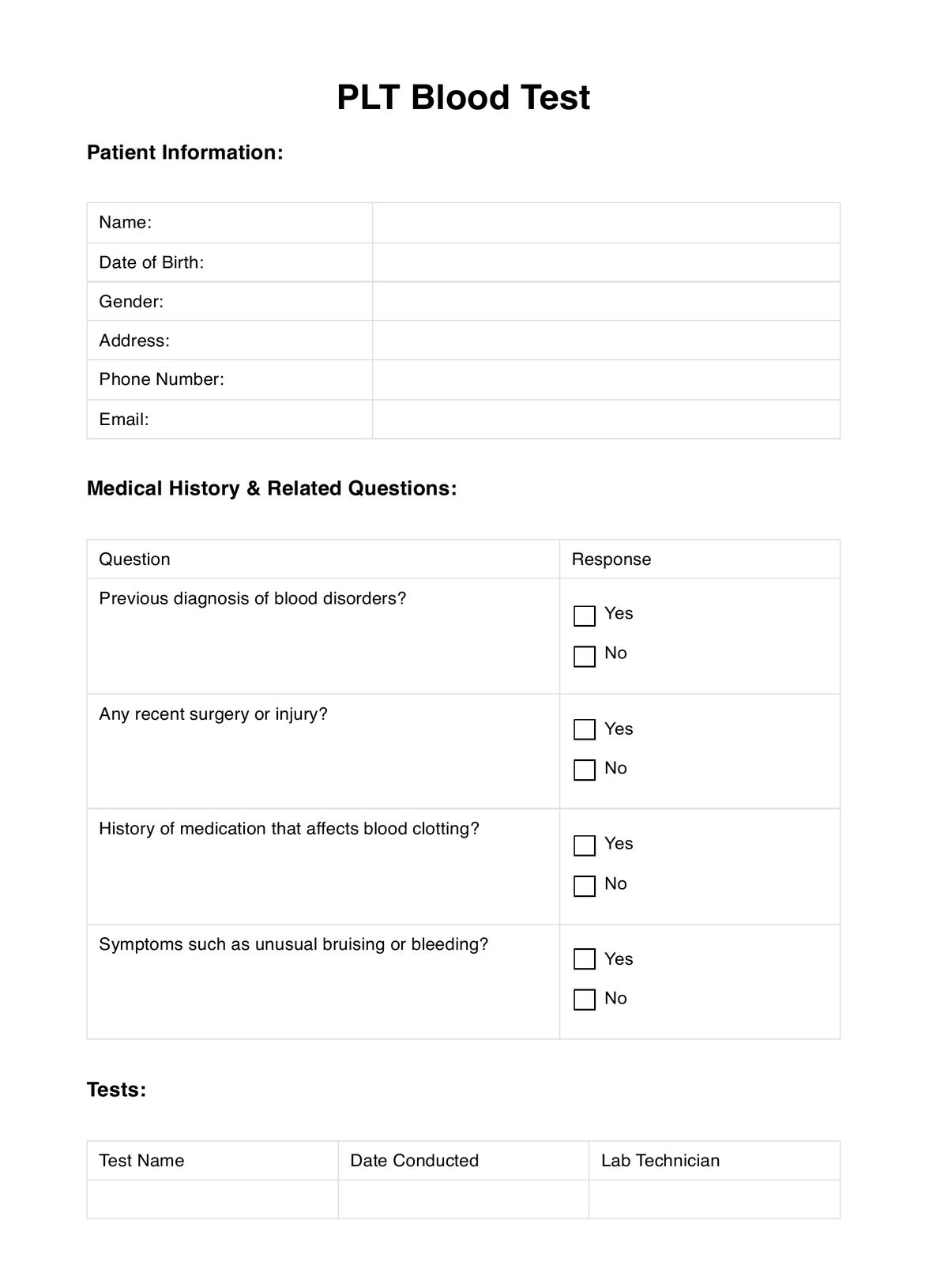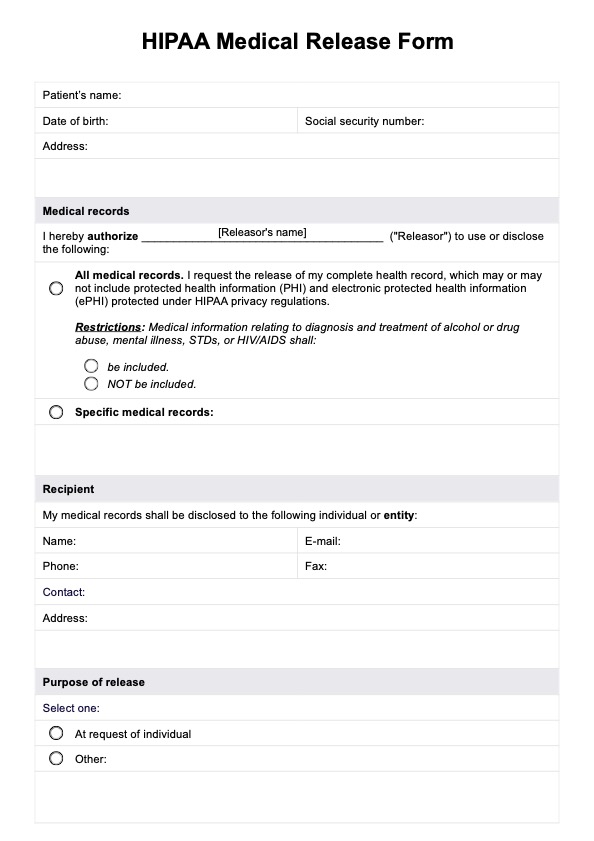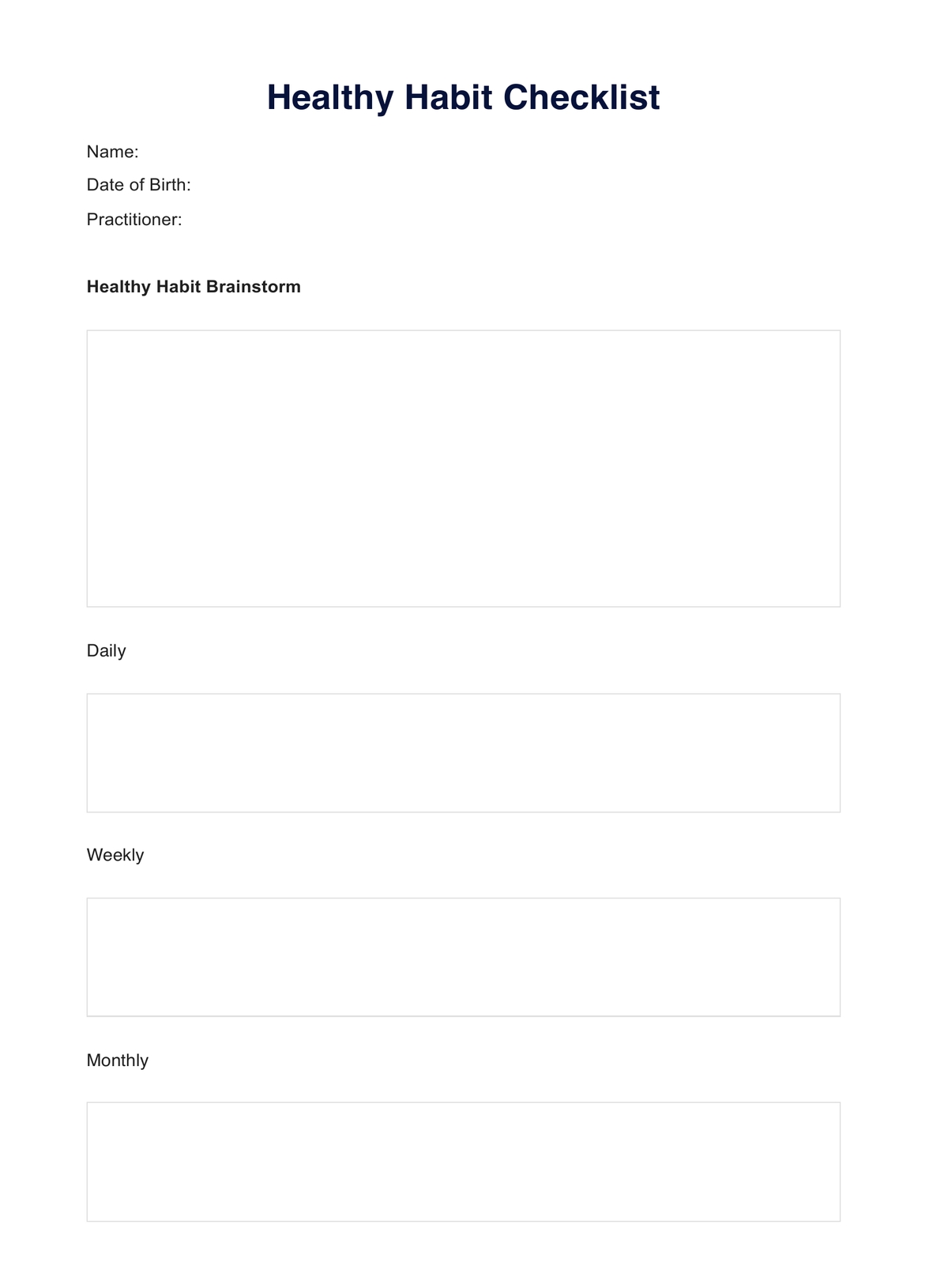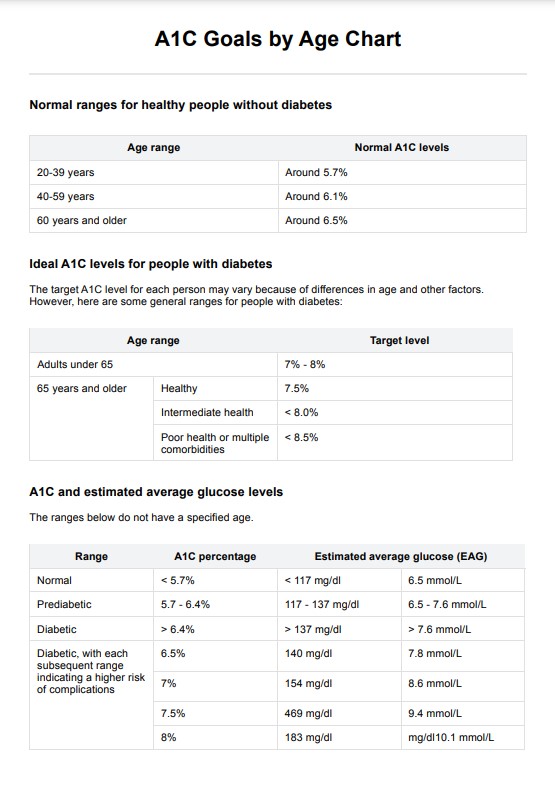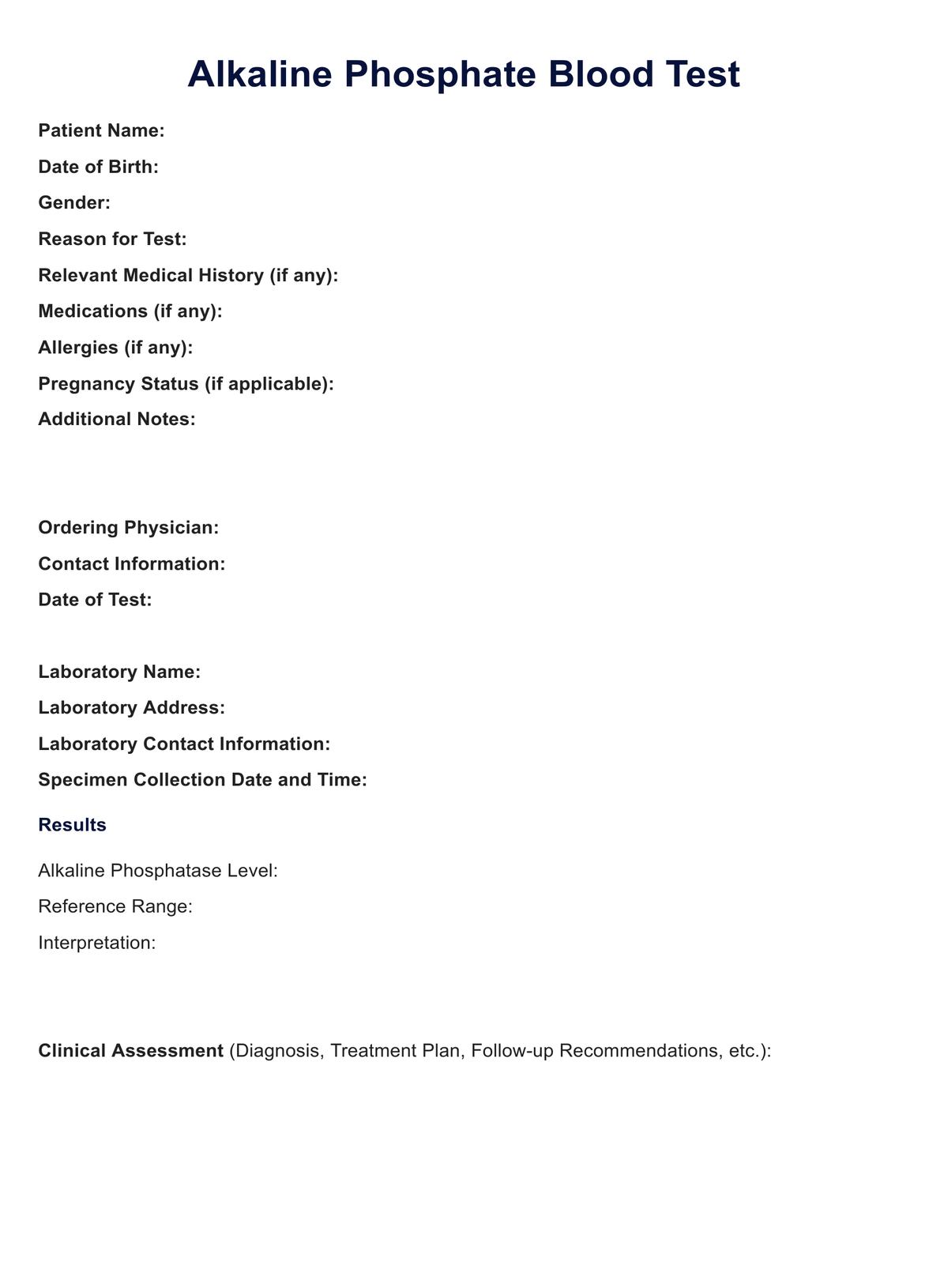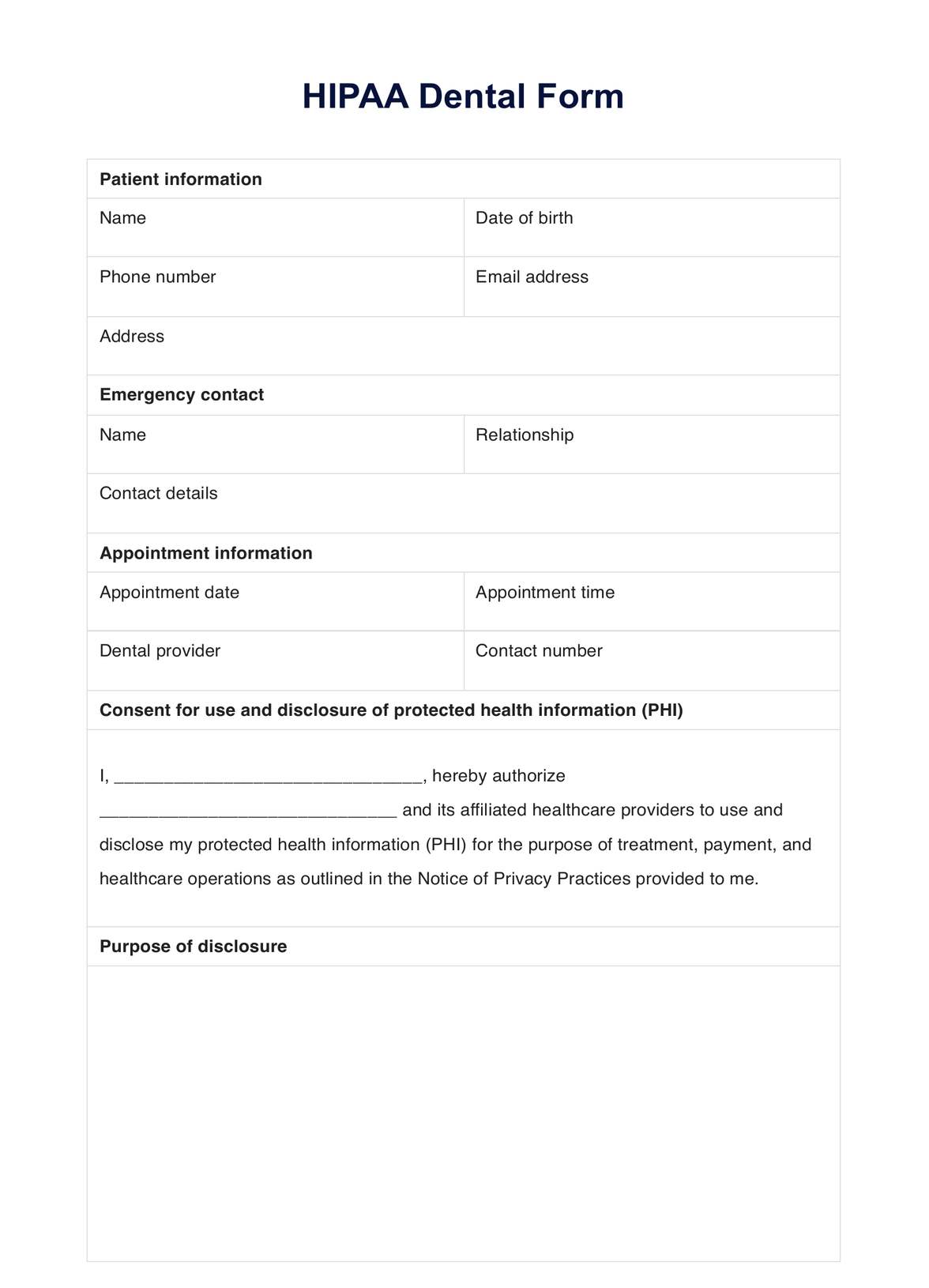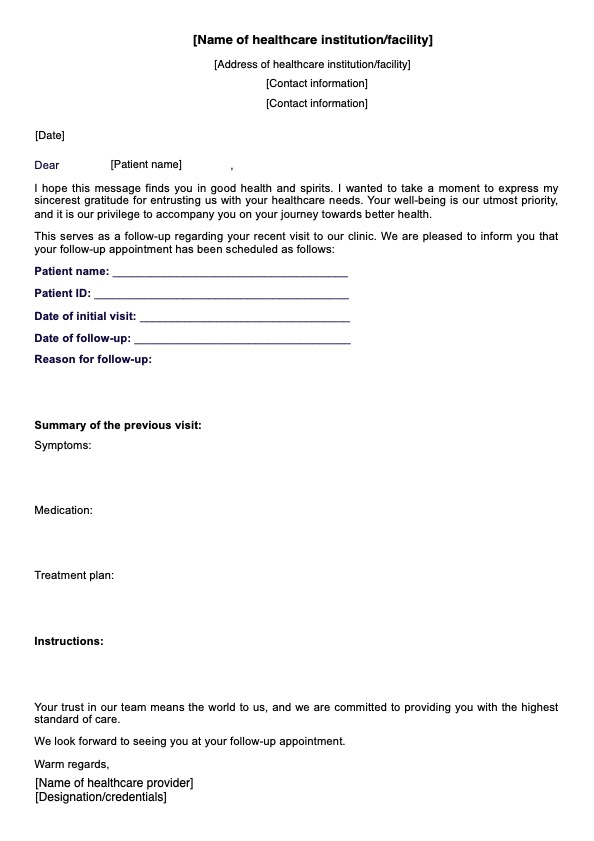7-Day Meal Plan for Kidney Disease
Do you have a patient with CKD who needs help planning their meals? Provide them with a 7-Day Meal Plan for Kidney Disease template.


What is kidney disease?
Kidney disease, known medically as chronic kidney disease (CKD), involves a progressive decline in kidney function. The kidneys are essential for filtering wastes and excess fluids from the blood, which are expelled through urine. Beyond this filtration role, kidney disease impacts the body's ability to regulate blood pressure, eliminate excess water, produce red blood cells, and metabolize vitamin D, which is crucial for bone health. Symptoms of kidney disease can include swelling in the ankles, nausea, weakness, disrupted sleep patterns, and shortness of breath.
Kidney disease presents in various forms, with distinct causes and characteristics, such as polycystic kidney disease, lupus nephritis, interstitial nephritis, and glomerulonephritis. Chronic kidney disease, often undetected in its early stages due to minimal symptoms, progresses to severe stages if left unmanaged. The primary approach to CKD management focuses on slowing kidney damage by addressing underlying causes. If untreated, CKD can lead to end-stage kidney failure, a life-threatening condition requiring dialysis or kidney transplantation for survival.
7-Day Meal Plan for Kidney Disease Template
7-Day Meal Plan for Kidney Disease Example
Kidney disease signs and symptoms
Kidney disease symptoms develop gradually as the damage progresses. In the early stages of CKD, symptoms are minimal, often becoming apparent only in advanced stages when renal function deteriorates significantly. Below are the common signs and symptoms:
- Nausea: Often accompanied by loss of appetite due to waste product accumulation in the body.
- Fatigue and weakness: Commonly overlooked, these symptoms can signal underlying kidney health issues.
- Sleep problems: Poor sleep quality or disrupted patterns emerge as the kidneys struggle with regulatory functions.
- Changes in urinary habits: Increased or decreased urination can indicate potential kidney complications.
- Decreased mental sharpness: Difficulty concentrating and cognitive impairment arise as the body's internal balance falters.
- Muscle cramps: Electrolyte imbalances from compromised kidney function can cause muscle cramps.
- Swelling and dry, itchy skin: Fluid retention leads to swelling in the feet and ankles, while toxin buildup results in dry, itchy skin.
- High blood pressure: Difficult-to-control hypertension can be both a cause and consequence of kidney disease, potentially leading to shortness of breath and chest pain from fluid accumulation around the lungs and heart.
The role of dietary guidelines
Maintaining optimal kidney health is intricately linked to dietary choices, with guidelines playing a pivotal role in safeguarding this vital organ. With the help of our 7-Day Meal Plan for Kidney Disease PDF template, you can help clients prepare a renal diet menu. Here are several compelling reasons underscoring the significance of adhering to nutritional recommendations for the effective management of kidney health:
Controls essential nutrients
Individuals grappling with kidney disease must precisely regulate crucial nutrients, including sodium, potassium, and phosphorus. The meticulous control of these elements is imperative, as an excess can accumulate and potentially inflict damage on the kidneys, exacerbating the progression of the disease.
Regulates blood pressure
To maintain healthy blood pressure, aim for 2,300 mg of sodium daily or 1,500 mg for those with kidney disease or high blood pressure (National Kidney Foundation, 2022). A kidney diet is conscientiously restricted to less sodium and is a potent tool in managing blood pressure. Since this condition is a common precursor to kidney disease, dietary interventions become instrumental in mitigating this risk factor.
Manages protein consumption
Striking the right balance in protein intake is paramount, as consuming more protein than necessary may result in an excessive load on the kidneys. Tailoring the amount and types of protein in one's diet becomes a strategic approach to alleviating strain on the kidneys and promoting overall renal well-being.
Maintains heart health
Opting for heart-healthy foods nurtures cardiovascular well-being and contributes to the prevention of fat accumulation in blood vessels, the heart, and the kidneys. Individuals concurrently safeguard their kidneys from potential complications by following a balanced diet that incorporates dietary choices with heart health.
Helps prevent chronic kidney disease
Strategic dietary decisions, such as opting for kidney-friendly foods, emerge as proactive measures to stave off or delay health issues associated with chronic kidney disease. Proactive nutritional choices can play a preventative role, impeding the advancement of kidney-related complications.
Ensures the effectiveness of treatment
The impact of dietary choices extends beyond prevention, influencing the efficacy of kidney disease treatments. What individuals consume directly correlates with the effectiveness of therapeutic interventions, underlining the interconnectedness of nutrition and kidney health.
Tips for creating a kidney disease meal plan
Embarking on the journey to create a healthy eating plan that is both nourishing and enjoyable is a crucial step for individuals managing kidney disease. Here are insightful tips to guide the formulation of a renal diet plan and source out foods good for kidneys:
1. Know their kidney health needs
Recognize that one's dietary requirements may evolve based on the stage of kidney disease and its treatment. Tailor their meal plan to align with these specific needs. For instance, meticulous attention to fluid intake and increased protein consumption may be necessary if they are on dialysis. Incorporate considerations for coexisting health conditions such as diabetes or heart disease into their chronic kidney disease diet.
2. Monitor their minerals
Monitoring certain nutrients is imperative for CKD. Keep a close watch on sodium, phosphorus, and potassium levels. Limiting sodium intake aids in balancing sodium and fluid levels in the body. Manage phosphorus intake to prevent adverse effects on bone and heart health. While potassium is essential, CKD may affect the kidneys' ability to regulate this nutrient, necessitating careful meal planning.
3. Be picky about proteins
To minimize waste buildup, prepare foods like high-quality, lean proteins like fish or chicken. Consider incorporating plant-based proteins like beans, tofu, and nuts, which exert less stress on the kidneys. Striking a balance in protein sources supports the overall kidney diet.
4. Plan meals and save time
Food for kidney health matters. Embrace meal prepping to streamline your diet, reduce impulse eating, control portions, and reduce sodium. Dedicate 15 to 30 minutes weekly to plan meals, preferably before grocery shopping. Use tools or apps to save time and ensure a systematic approach to creating kidney-friendly meals. Doing this with the help of a printable 7-day renal diet meal plan can support kidney function and manage kidney disease. They can include rice cereals low in sodium, potassium, and fat for snacks.
5. Integrate fresh fruits and vegetables
Tell them to eat foods such as fresh fruits and vegetables in their kidney disease diet. These offer essential vitamins, minerals, and antioxidants without overloading potassium or high phosphorus foods. Opt for varieties that align with their dietary restrictions, contributing to flavor and nutritional balance. Patients can choose from fresh berries, steamed vegetables, mixed greens, and more. Olive oil, abundant in vitamin E and unsaturated fats, is a phosphorus-free option suitable for those with kidney disease.
6. Learn how to read nutrition labels
Cultivate the skill of deciphering nutrition labels to make informed choices about sodium, phosphorus, and potassium content in packaged foods. This proficiency empowers your patient's skill to curate a meal plan that aligns precisely with their kidney health needs.
7. Manage potassium intake
Given the significance of potassium in one's diet, it's essential to make informed choices regarding high-potassium foods, especially for individuals with kidney disease, to manage intake effectively and derive its benefits without surpassing recommended levels.
8. Limit sodium
Prioritize foods with reduced or low sodium content to support fluid balance and blood pressure management. Adopting cooking methods that minimize salt while enhancing flavor contributes to healthy kidneys and heart-friendly meals.
Reference
National Kidney Foundation. (2022, January 5). How much sodium is safe for kidney patients? https://www.kidney.org/news-stories/how-much-sodium-safe-kidney-patients
Commonly asked questions
The best kidney diet includes foods low in sodium, sugar, phosphorus, and potassium. Eating this way not only helps control CKD but might also help you maintain a healthy weight by cutting back on sugar and salt.
A good kidney disease menu includes meals that include fresh fruits, vegetables, and lean proteins. Patients can use fresh herbs as salt substitutes to make the dishes more delicious since they have lower sodium than pre-made ones.
Kidney patients should avoid specific types of food: processed foods, junk food, and sweetened drinks. These foods are high in nutrients that can negatively impact kidneys and potentially worsen other health complications. Read the food labels for canned vegetables first to check for sodium content.


